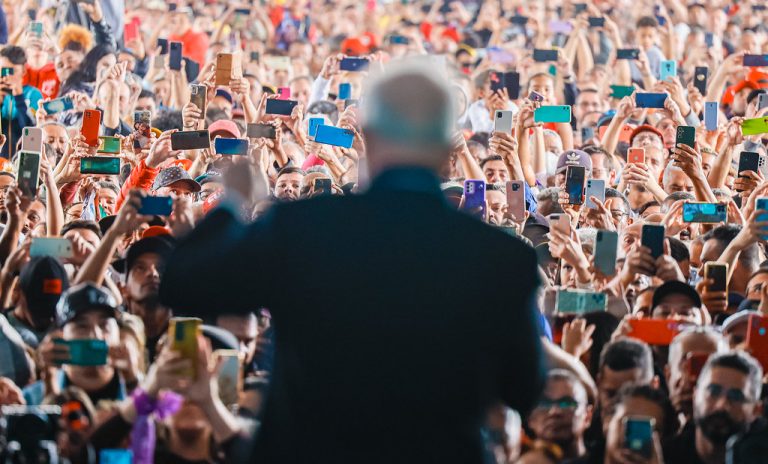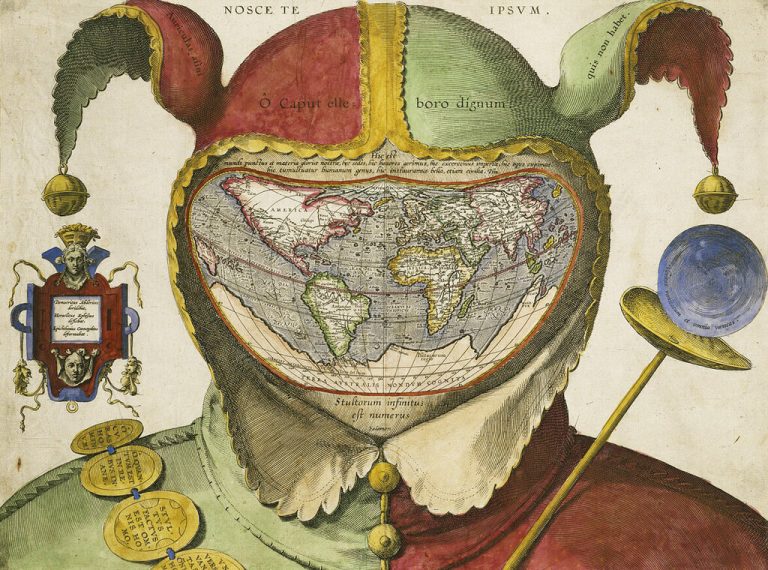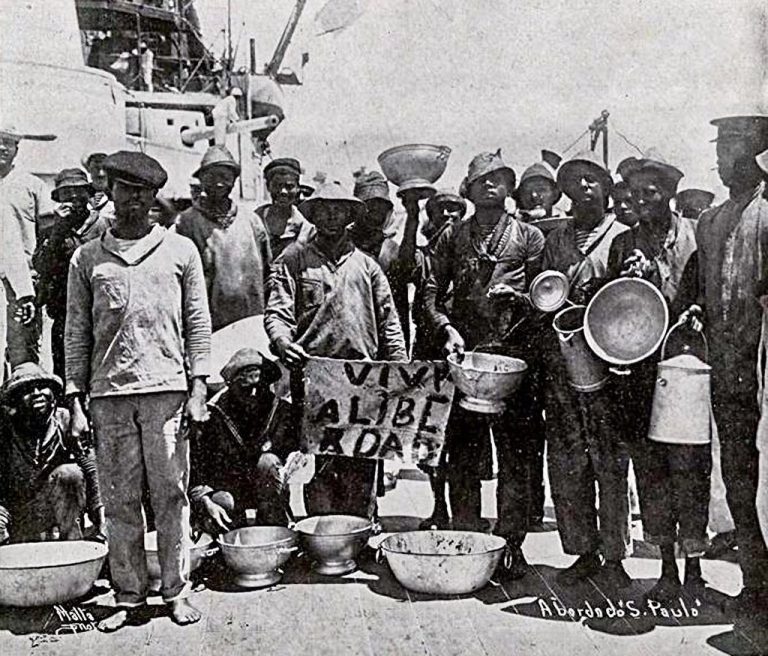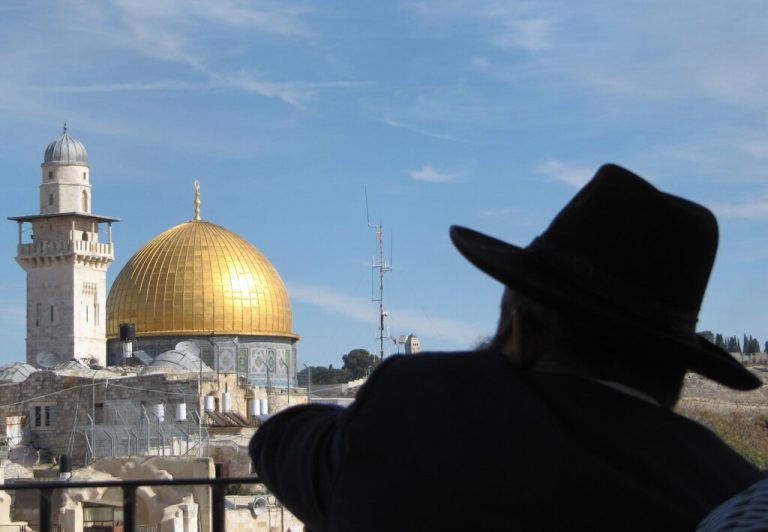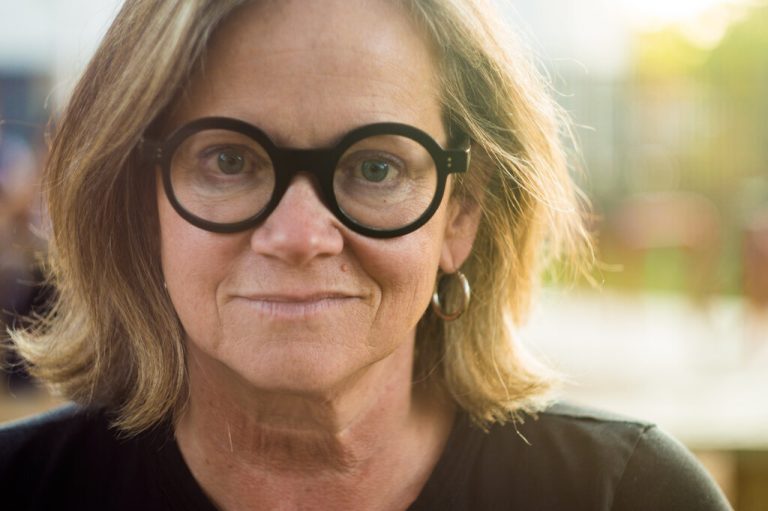To avoid bloodshed. The benevolent and heroic phrase has appeared, in its various forms, as a historical constant in the World’s political history. In Brazil, it became a mantra since former leftist president João Goulart, facing a military coup in 1964, decided not to resist to “avoid bloodshed”. In these times in which Brazil slowly wears the masks of 1964 (even better; slowly discards the masks of 1985¹), such merciful words are repeated once again in order to justify the lack of strategic thinking and inaction, both supplanted by moral inclinations. That is: to the fear of fighting barbarism we give the adjective of virtue; the moral courage becomes not an action, but rather a diffuse idea.
Imagine for a second that such Homeric principle took Robespierre’s head during the 18th century. They wouldn’t guillotine the monarchs, and the monarchy would go on cutting the people’s heads, gradually, as João Cabral de Mello Neto wrote in his “Morte e Vida Severina“: the death that “kills of old age before the 30, of ambush before the 20, of hunger day by day (of weakness and sickness, the Severina death attacks in any age, and even those who weren’t born).²”
Now imagine that, in order to “avoid bloodshed”, the Red Army didn’t let 231 corpses of its soldiers rot to liberate Auschwitz: Germany’s killing machine would keep on alive, crushing in its gears six thousands lives everyday.
Let’s take, lastly, the example of a pacifist, who cannot be accused of having a preference for bloodshed. Imagine that James Bevel and Martin Luther King hadn’t marched in Selma, in 1965, fearing letting behind bloody footprints. Black people wouldn’t have the right to vote that year.
Now we go over the same exercise, but backwards: let’s imagine that João Goulart had followed Leonel Brizola’s advice³ and resisted 1964’s coup. Let’s suppose that, as he resisted and let the blood fall, he had won and, with that, he applied his program. There wouldn’t be 356 dead or missing people during the dictatorship. Having done his land reform, maybe we would avoid the deaths of 3.000 peasants that have died since then.⁴ Let’s assume, still, that his economic policies allowed one thousand people not to die every year. We would have 54.000 more Brazilians alive, instead of stupidly buried.⁵
That shows, first, that programs and ideas aren’t, either when applied or blocked, only words: there’s a clear line separating the extermination policy from those who allow welfare, regardless of what was needed to apply or block them. Power materialize ideas; deny to give lives for a rightful program and the unfair one will reap them.
Secondly, it shows that the moments in which the bloodshed flourishes as a strategic possibility usually are the same moments that will take us, no matter what we do, to the bloodshed. When history imposes a rocky road it also imposes a bloody destiny. If the red sap will be left behind in exchange for a pacific destiny or if the road will be clean, and the destination filthy: that’s the question. The fact is there will be blood.
João Goulart didn’t avoid bloodshed: he postponed, and gave his enemies the initiative to spill it. Moreover, as a fair and responsible man he imagined not to have the right or the conditions to be responsible for the deaths, letting the unfair and irresponsible decide who, how many and how would die. And thus died the innocent ones, too many, in the most filthy ways and for the most stupid reasons. And they go on perishing; without the symbolism of blood, even without the sores, but what Goulart denied stopping still lives, killing of old age before the 30, of ambush before the 20, of hunger day by day. May we remember, in the present and future, the lessons from the past: for those who are convinced to be fair the strategic needs are also moral impositions.
Liked the article? Donate now!
¹ João Goulart was a Brazilian politician who served as the 24th President of Brazil until a military coup d’état deposed him on April 1, 1964. Only 21 years later, in 1985, Brazil went through the re-democratization process.
² In Portuguese: “que se morre de velhice antes do trinta, de emboscada antes dos vinte, de fome um pouco por dia (de fraqueza e de doença é que a morte severina ataca em qualquer idade, e até gente não nascida).” “Severina” refers to the kind of death Severino, the poem’s main character, faces as he leaves the northeast region of Brazil to escape hunger.
³ Leonel Brizola was a left-wing Brazilian politician. Launched in politics by Getúlio Vargas, Brizola was the only politician to serve as elected governor of two Brazilian states, before and after the 1964-1985 military dictatorship.
⁴ 1196 people died in Brazil’s countryside from 1961 to 1985. (https://abr.ai/2JYAsCm). Since 1985, there were 1833 more (https://bit.ly/2yeRsj1). 3029 corpses spilling blood in the countryside.
⁵ It may seem too much people when, in fact, it’s not. Every year 302.000 die in Brazil’s hospitals due to flops that could be avoided (https://bit.ly/2GPjCnU), and in the past 11 years the country had 553.000 violent deaths (https://bit.ly/2ybOtrI).































